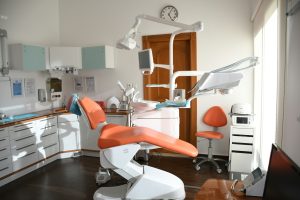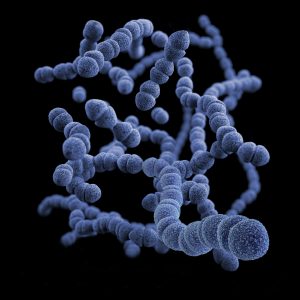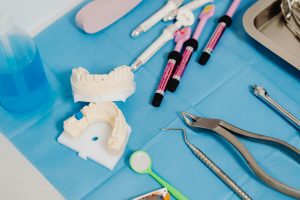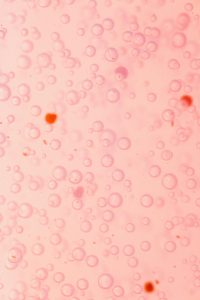IABDM Blog
Comments Policy: This blog is intended as a resource for IABDM members, allied health professionals and others interested in our organization and/or biological dentistry and related fields. All comments are held and reviewed before posting. This is a moderated forum.

What Makes a Dental Practice “Biological”?
At the International Academy of Biological Dentistry and Medicine, biological dentistry is rooted in a simple principle: the mouth is part of the body, and dental care should support overall

How Oral Health Affects Gut Health
At the International Academy of Biological Dentistry and Medicine, we recognize that the mouth is the beginning of the digestive system and an important gateway to overall health. Functional medicine

Understanding Immune Reactions to Dental Materials
At the International Academy of Biological Dentistry and Medicine, we recognize that dental materials are not biologically neutral. Every material placed in the mouth interacts with living tissue, saliva, the

How Chronic Oral Infections Affect Autoimmune Conditions
At the International Academy of Biological Dentistry and Medicine, we recognize that chronic inflammation and infection in the mouth can influence health far beyond the teeth and gums. For individuals

Tongue Posture, Facial Growth, and Pediatric Oral Health
At the International Academy of Biological Dentistry and Medicine, we recognize that pediatric oral health extends far beyond cavities and routine cleanings. Early development of the face, jaw, and airway
How to Find a Qualified Biological Dentist
At the International Academy of Biological Dentistry and Medicine, we understand that patients seeking biological dental care are often looking for more than routine treatment. They want a provider who
